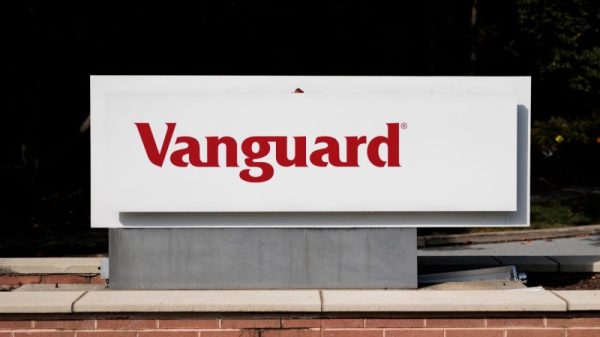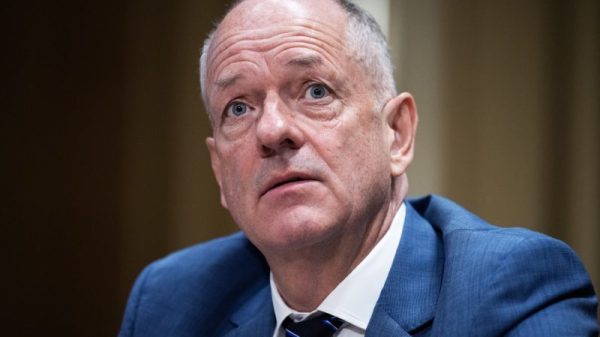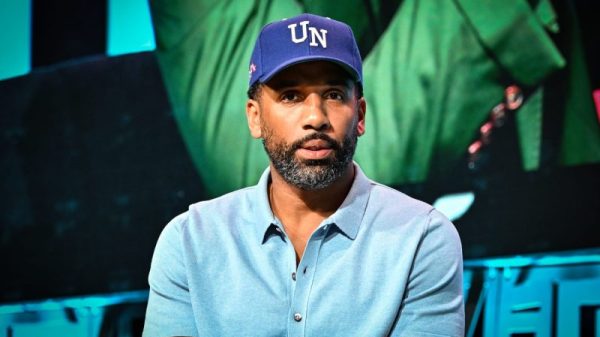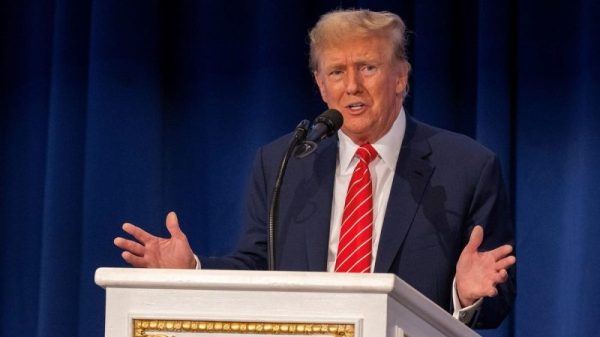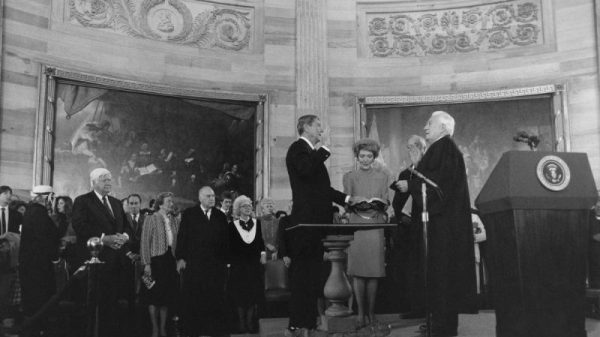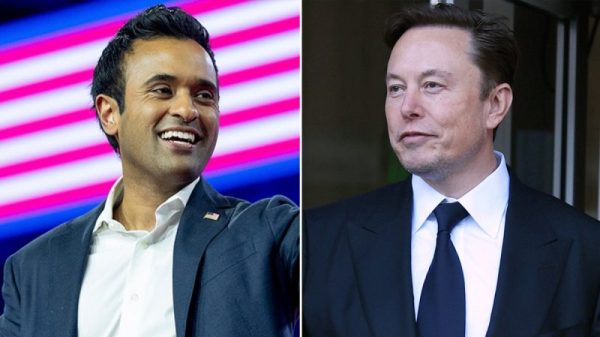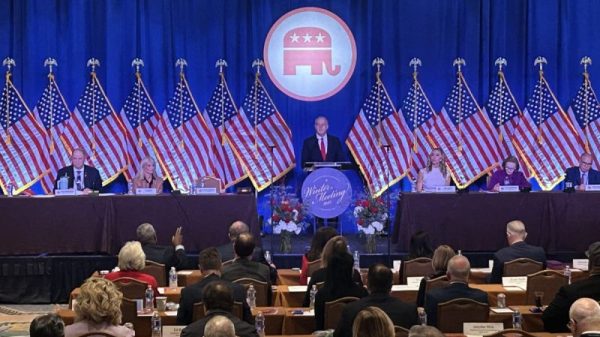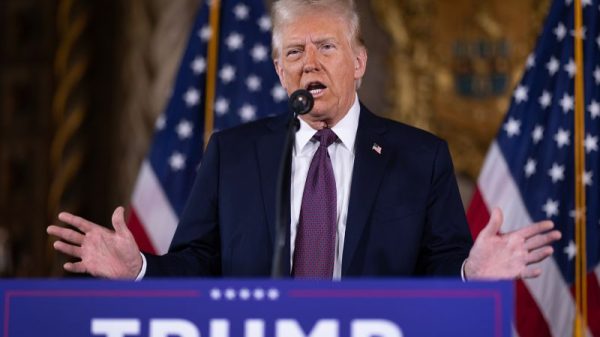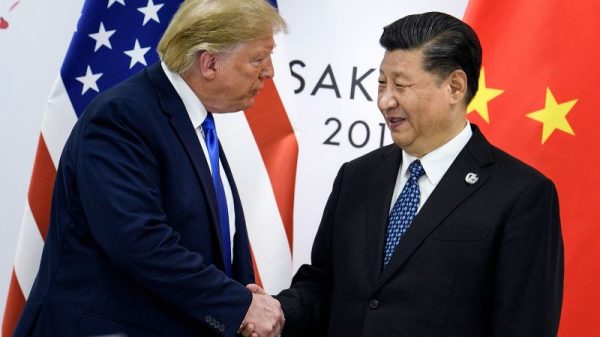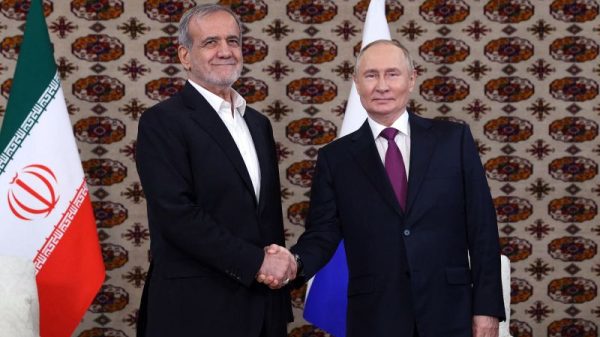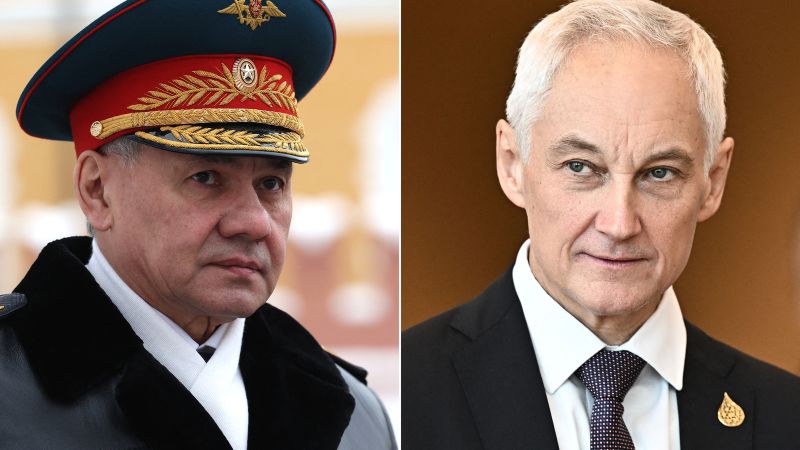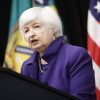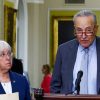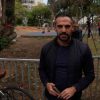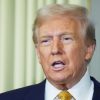Russian President Vladimir Putin has replaced his defense minister Sergei Shoigu with a civilian, Andrey Belousov, citing the country’s rising military spending and the need for “innovation.”
Shoigu had been “relieved” of his post of Minister of Defense by presidential decree and been appointed Secretary of Russia’s Security Council, Kremlin spokesperson Dmitry Peskov said on Sunday night local time.
Shoigu would also become Putin’s deputy in Russia’s Military-Industrial Commission, Peskov said, while Nikolai Patrushev, the previous Secretary of the Security Council, would “transfer to another job.”
Belousov, who previously served as first deputy prime minister, is a civilian.
He was selected by Putin because of a need for “innovation,” Peskov said in a press call, during which he highlighted the ministry’s rising budget, saying it was approaching levels last seen during the Cold War.
“Today on the battlefield, the winner is the one who is more open to innovation,” Peskov said. “Therefore, it is natural that at the current stage, the president decided that the Russian Ministry of Defense should be headed by a civilian.”
In a reference to the war in Ukraine, Peskov said that due to “well-known geopolitical circumstances, we are gradually approaching the situation of the mid-80s when the share of expenses for the security bloc in the economy was 7.4%. It’s not critical, but it’s extremely important,” Peskov said.
The budget currently amounts to 6.7% of GDP, he said.
Peskov highlighted Belousov’s previous leadership experience and economic background.
“This is not just a civilian, but a person who very successfully headed the Ministry of Economic Development of Russia, for a long time he was aide to the president on economic issues, and was also the first deputy chairman of the government in the previous cabinet of ministers,” Peskov said.
Peskov added that the new appointment did not signal a shift in Russia’s current military system.
“As for the military component, this appointment will in no way change the current coordinate systems. The military component has always been the prerogative of the Chief of the General Staff [Valery Gerasimov], and he will continue his activities. No changes are currently envisaged in this regard,” he said.
In his new role, Shoigu will oversee Russia’s military industrial complex, Peskov said.
“He is deeply immersed in this work, he knows very well the pace of production of military-industrial products at specific enterprises and often visits these enterprises,” he said.
The news follows the arrest last month of one of Shoigu’s close allies, deputy defense minister Timur Ivanov, who was charged with taking a bribe in what was the country’s highest-profile corruption scandal since Putin launched his invasion of Ukraine more than two years ago.
Ivanov has been accused of accepting a bribe of 1 million rubles (at least $10,800), according to Russian state media TASS.
Shoigu has also been criticized for his handling of the invasion of Ukraine – most forcefully by the Wagner chief Yevgeny Prigozhin in the months before his death last year.
This is a developing story and will be updated.






